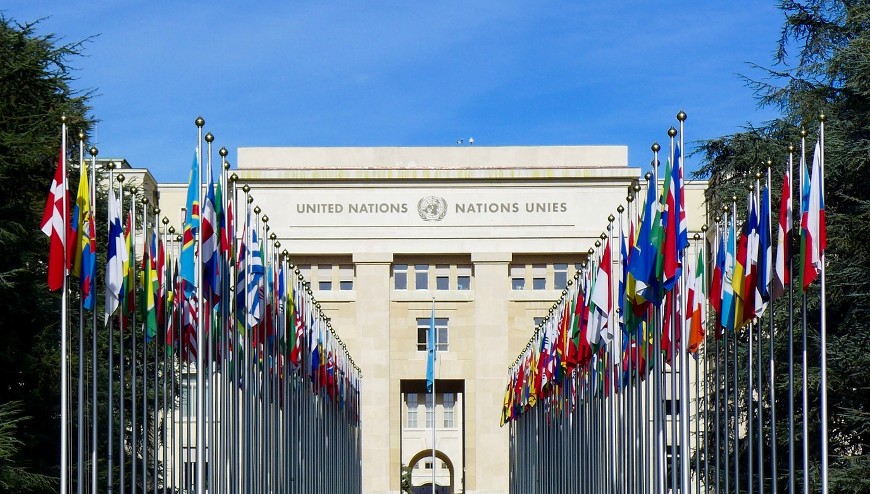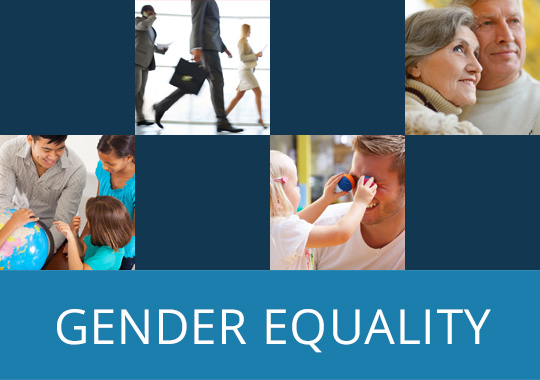On 1 July 2022, during the eighty-second session of the UN Committee on the Elimination of Discrimination against Women’s, held at the Palais des Nations in Geneva, Andreia Lourenço Marques, the Chair of the Council of Europe’s Gender Equality Commission (GEC), was invited to present the GEC’s recent activities and to exchange views with the Committee’s members on future challenges.
Presenting gender equality as one of the Council of Europe’s major policy goals, the GEC Chair recalled some of the international standards adopted by the organization. She spoke of the European Convention on Human Rights and the relevant case-law of the Court, the Istanbul Convention on preventing and combating violence against women and domestic violence, the Anti-human trafficking Convention and the European Social Charter. She also referred to multiple Committee of Ministers’ Recommendations adopted, on such subjects as education, media, sexist language, sport, political participation, audio-visual policy and health.
The exchange gave an opportunity to inform Committee members about how the Council of Europe’s Gender Equality Strategy 2018-2023 has brought attention to intersectional issues, to the impact of socio-economic issues on women’s empowerment, to the role of men and boys for the realisation of gender equality, and to how the current strategy has helped to sharpen the policy-making focus on the rights of migrant women. The latter has led to the Council of Europe’s Committee of Ministers adopting, in May 2022, a new recommendation to protect the rights of migrant, refugee and asylum-seeking women and girls.
Discussing future challenges, the Chair, Andreia Lourenço Marques, mentioned several pressing matters, such as the difficulties faced in the context of the Covid-19 pandemic, the fact that the digital dimension of violence against women continues to be a growing problem and how the rise of “anti-gender” movements has in recent years contributed to a backlash for gender equality. All of this highlights the need for the Council of Europe and the GEC to continue its work on advancing women's rights and adapting to emerging issues, while addressing cultural, social and institutional barriers that stand in the way of gender equality.





